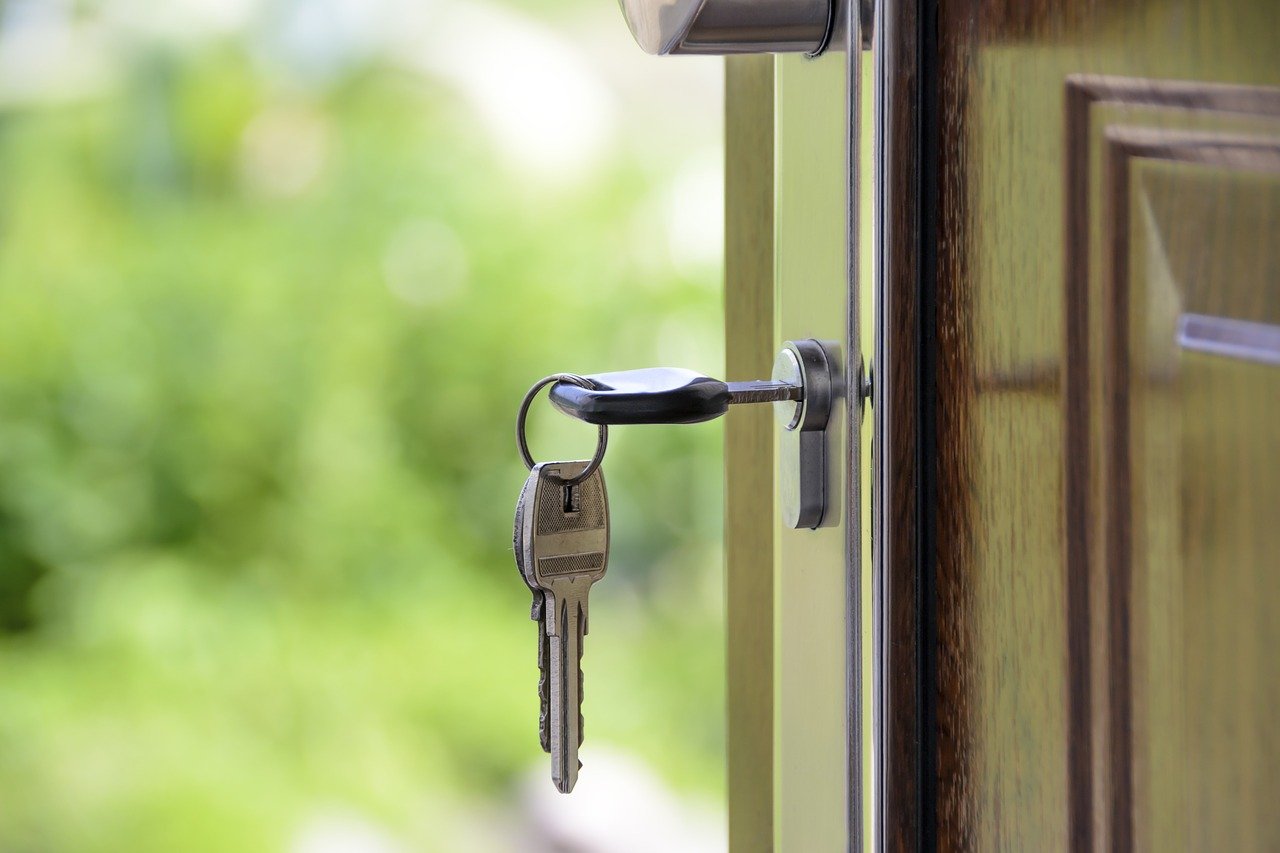6 Tips To Help You Find the Right New Home


If you have been home shopping recently, you know how difficult it can be to find just the right property. Everything from location to house size to property features plays into the decision. These six tips can help you focus on what matters most so you can find the perfect home for your family.
1. Look Where Sellers Are Listing
Gone are the days when you could drive through a neighborhood looking for "For Sale" signs to then call the number listed. If you want to find a house that meets your needs, you will need to be a little more proactive and look where the sellers are placing listings. In most cases, this is a local Multiple Listing Service.
Unless you are looking for a specialty or exceptionally high-end home, MLS real estate services provide a good number of listings. These services show you homes from multiple agents within a designated geographical area, which is much easier than contacting individual offices.
2. Set a Firm Housing Budget and Stick With It
Knowing how much home you can afford is a crucial step in the home buying process. Most lenders use a standard formula based on your income and other debt obligations to determine your maximum loan amount. Any funds you have saved for a down payment will also affect your housing budget. Ideally, you can put down 20 percent of the selling price, but some loans, such as FHA and VA mortgages, let you have a much smaller down payment.
Check out one of the many affordability calculators available to find a payment that you are comfortable with and that won't strain the rest of your budget. Remember, just because a bank will approve you for a loan amount doesn't mean you should feel obligated to borrow that much.
3. Consider Alternatives Beyond Single-Family Homes
A single-family home nestled behind a white picket fence may have been your dream home since childhood, but it may not be the best option for your current life stage. Luckily, there are plenty of other paths to homeownership that you can explore.
Attached housing, such as a condo or townhouse, is attractive to many individuals. These types of homes often have less maintenance and upkeep. In some cases, owners are not responsible for exterior components like siding and roof materials. If you are looking for a low maintenance lifestyle, you might want to explore new construction townhomes Salt Lake City.
4. Investigate Potential Neighborhoods
Another big factor you will have to evaluate is the location of your new home. Unless you have an ideal neighborhood picked out ahead of time, this can take a considerable amount of effort. After all, you can make a lot of changes to a house, but you have very little control over the surrounding neighborhood. A few things that can influence whether a neighborhood is a good fit for your family include:
- Average selling prices for houses
- Type of development in the surrounding area (i.e., residential, mixed-use, commercial, etc.)
- Access to healthcare and related services
- Quality of schools
- Availability of entertainment or similar facilities
5. Ask About Available Utilities
Do not assume that you can get everything you need or want at every house. Ask about utility providers and then check into available services for each property you visit. This can be a bigger issue if you are moving from an urban to a rural or suburban one where high-speed internet, public sewers and curbside garbage collection are not guaranteed.
6. Consider Working With a Buyers Agent
If you are having a particularly difficult time finding the right house, you may need to work with a buyers' agent. These are specialized real estate professionals that work to find a home for purchase. They may charge a set fee or rely on the seller's commission.
Developing a housing budget, narrowing down neighborhood searches, and shopping where the buyers list most often can help you find a house that fits your needs.
